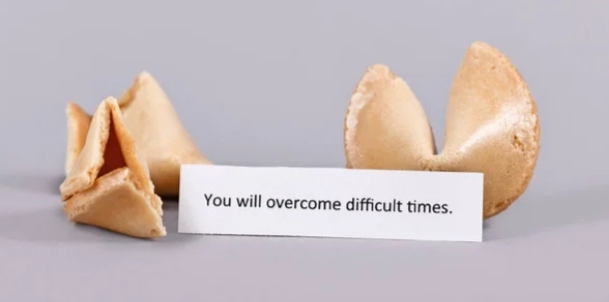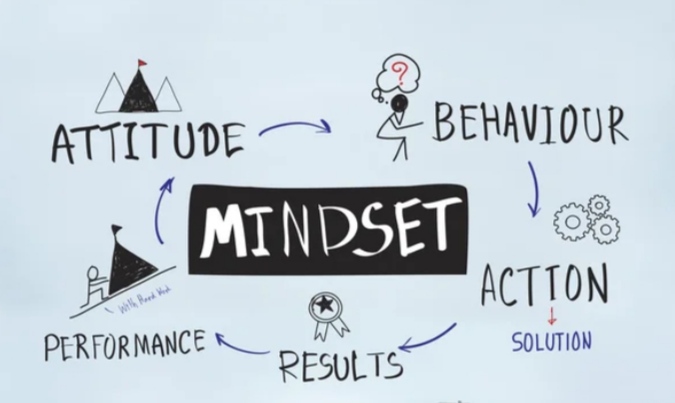
Life has its ups and downs, and sometimes we can find ourselves feeling overwhelmed by the circumstances we are facing. Whether it’s work-related stress, relationship issues, health problems, or financial struggles, it’s not uncommon to feel like things are spiraling out of control.
When you find yourself overwhelmed by circumstances, it’s important to take a step back and evaluate the situation. Ask yourself what is causing you to feel this way and what steps can be taken to address the problem. It can be helpful to talk to someone you trust about how you’re feeling, whether it’s a friend, family member, or therapist. Sometimes just having someone to listen can make a big difference.
It’s also important to remember to take care of yourself during times of overwhelm. Make sure you’re getting enough sleep, eating well, and finding time to relax and unwind. Exercise can also be a great way to relieve stress and clear your mind.
It can be helpful to break down the overwhelming situation into smaller, more manageable tasks. Create a to-do list and prioritize what needs to be done first. By taking small steps towards addressing the issue, you can start to regain sense of control and feel more empowered.
Sometimes, it can be beneficial to take a break from the situation that is causing you to feel overwhelmed. Whether it’s a weekend getaway, a day off work, or simply taking a few hours to do something you enjoy, giving yourself a break can help you gain perspective. It can also help you come back with a fresh outlook.
Finally, remember that it’s okay to ask for help. Whether it’s seeking guidance from a professional, reaching out to a support group, or leaning on friends and family, know that you don’t have to go through it alone.
When you find yourself overwhelmed by circumstances, remember that it’s a temporary feeling and that things will eventually get better. By taking care of yourself, seeking support, and taking small steps towards addressing the issue, you can start to regain a sense of control and move forward in a positive direction.











